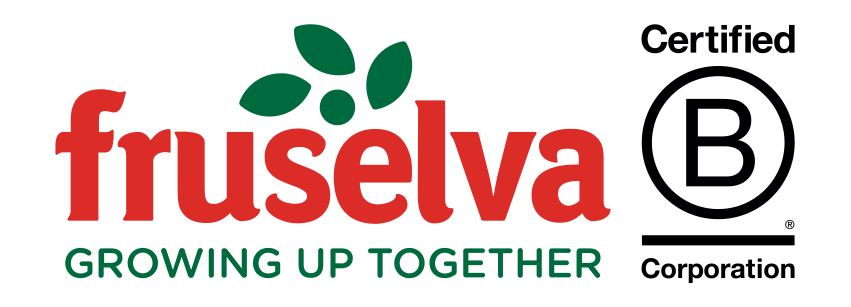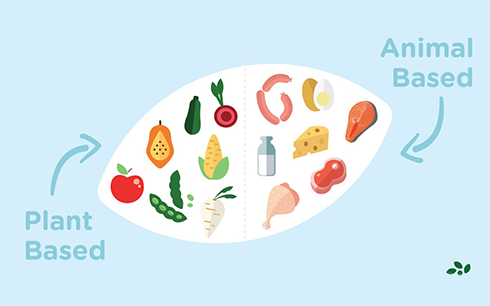The term “plant-based”, can be understood in two different ways: the first is a consumer trend of excluding animal-based products in food while using alternative ingredients such as vegetables, whole-grains, legumes, nuts, seeds and fruits, and the second is following a dietary regime that considerably reduces the quantity of animal-based foods consumed on a day to day basis.
There are two main strategies to offer plant-based products in the market. On the one hand, there are products which try to mimic animal-based foods, comprising the larger segment, while on the other hand, there are innovative plant-based products which are offered as an alternative category in the market.
According to Nielsen reports, sales of alternative meats grew 129% from September 2019 to September 2020, suggesting a significant increase on the market demand in the last years. In addition, data from Mintel states that 51% of consumers would like to see more variety in protein sources for plant-based meat alternatives, indicating the fast-growing trend during the last years. Similar reports have been obtained for plant-based milks made from oats, quinoa, rice, spelt, amaranth, buckwheat, almonds or coconut.
plant based foods
According to a Mintel report for the US market, around 40% of adults regularly consumes plant-based dairy alternatives which are totally transforming the milk category.
Consumers used to identify plant-based foods and diets as health promoters, providing additional benefits compared to a non-plant-based nutritional regime. Moreover, there is an increasing concern on ethical and environmental challenges, which makes them a real alternative to animal sourced nutrients, especially for important dietary component such as protein, which contribute to the building of muscle fibers, the immune system, and helps sustain many vital functions.
Consumers used to identify plant-based foods and diets as health promoters
It is important to denote that animal-based protein contains all nine essential amino acids, which our bodies are not able to synthesize and should be obtained through diet. However, a balanced and well combined plant-based diet with the proper amounts of cereals and legumes can also provide the needed amino acids for a healthy lifestyle.
plant based foods
The presence of dietary phytochemicals in a plant-based diet could also promote further health benefits related to inflammation, vascular diseases, obesity or hypertension which are all included in the metabolic syndrome. We, as a baby food co-manufacturers, have developed different recipes offering both animal and plant-based products, which have been scientifically formulated to provide all the required nutrients for proper growth and development of little ones and a healthy lifestyle for all the family.
Each ingredient has been specifically reviewed to accomplish the highest quality standards and ensuring ethical and environmental principles in all the supply chain. Conclusion Maybe the go-to option is to find a point in-between the two polarized diets, taking advantage of the benefits of both products. This way we could get ethical and sustainable growth across balanced and even complementary industries, considering only products with guaranteed quality and safety.



